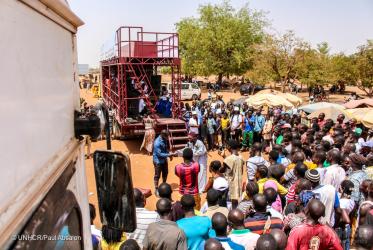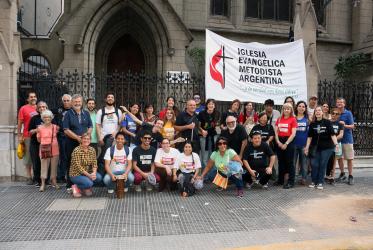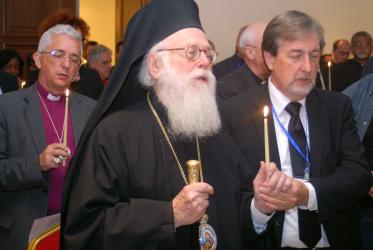Displaying 221 - 240 of 318
20 June 2016
Making SDGs progress everybody’s business
19 May 2016
Churches help keep memories alive for Argentinian people
07 April 2016
WCC supports new campaign against sexual abuse
10 March 2016
UN Climate summit results vital for world’s future
26 November 2015
Local and global work saves lives
22 October 2015
WCC expresses concern over renewed violence in Jerusalem
19 October 2015







